“Sustainable elephant-based tourism” - A brand new start for elephant-based tourism in Vietnam
On 17th March 2022, an introductory workshop on “Sustainable elephant-based tourism” hosted by Asian Captive Elephant Standards (ACES) in partnership with the Vietnam National Administration of Tourism (VNAT) took place via online platform.
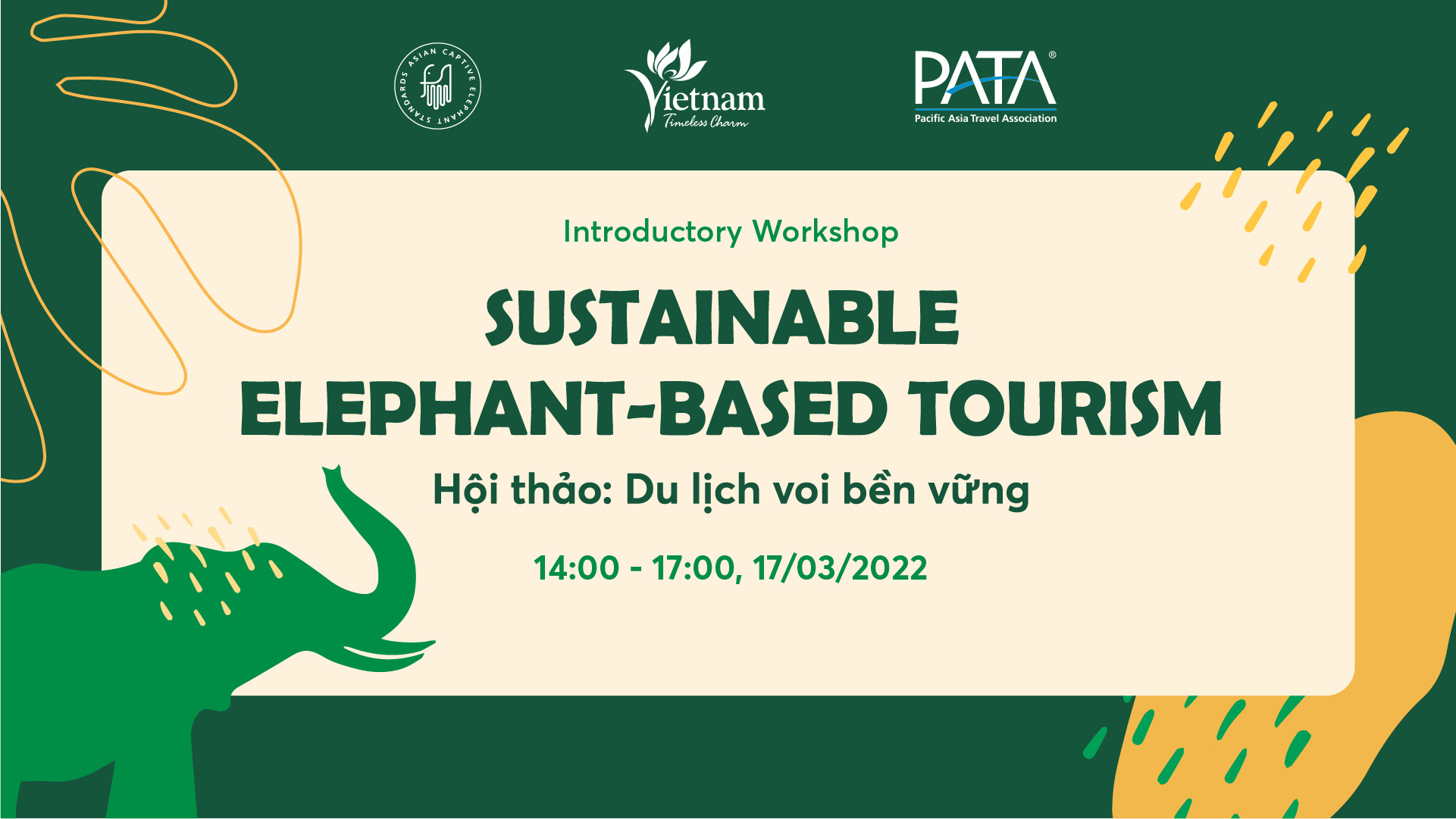
The elephant-based tourism is considered as one of the most attractive forms of tourism in Southeast Asia, and in Vietnam, in particular, Tay Nguyen (Central Highlands) is the destination that is famous for this type of tourism. The introductory workshop on “Sustainable elephant-based tourism” is a critical component in the framework of the Tourism Destination Resilience Capacity Development Project of the Pacific Asia Travel Association (PATA). The aim of this workshop is to introduce the science-based approach to elephant based tourism management to national and local tourism officials, uncovering the myths, perceptions and realities of the current elephant-based tourism practices in Southeast Asia; At the same time, helping to build better elephant-based tourism in Vietnam.
Attending the workshop were officials from relevant departments of Vietnam National Administration of Tourism (VNAT), officials from Dak Lak Province where associated with elephant-based tourism and the participation of representatives from tourism agencies and units in Vietnam.
Mr. Tran Phu Cuong, Director of the International Cooperation Department, Vietnam National Administration of Tourism (VNAT), gave welcoming remarks. He stated that after 2 years of being affected by the pandemic, tourism industry in general and elephant-based tourism in particular are planning for the recovery. Additionally, the Government agreed with the proposal of the Ministry of Culture, Sports and Tourism on the resuming fully tourism activities from 15th March 2022 under the new normal. Therefore, this workshop holds an important meaning, and it is also an occasion to discuss the typical type of tourism of Southeast Asia. The elephant-based tourism is one of the strong points of Vietnam tourism in general and in provinces of Tay Nguyen Province in particular. Mr. Cuong highly appreciated the support of PATA and ACES in helping to build better elephant-based tourism in Vietnam and the active participation of Dak Nong and Dak Lak provinces. He also hoped that through this workshop, Vietnam tourism can build up a more efficiency long-term plan to recover and develop a sustainable elephant-based tourism in the near future; at the same time, changing the way of people’s perspectives toward elephant-based tourism, which is not just the new tourism experience but also the better way to contribute to animal protection. By improving the strategy and management model in elephant-based tourism, the economy of provinces will be improved and thrive further. He affirmed that VNAT will continuously work with tourism departments in provinces associated with elephant-based tourism to support for a sustainable development of elephant-based tourism.
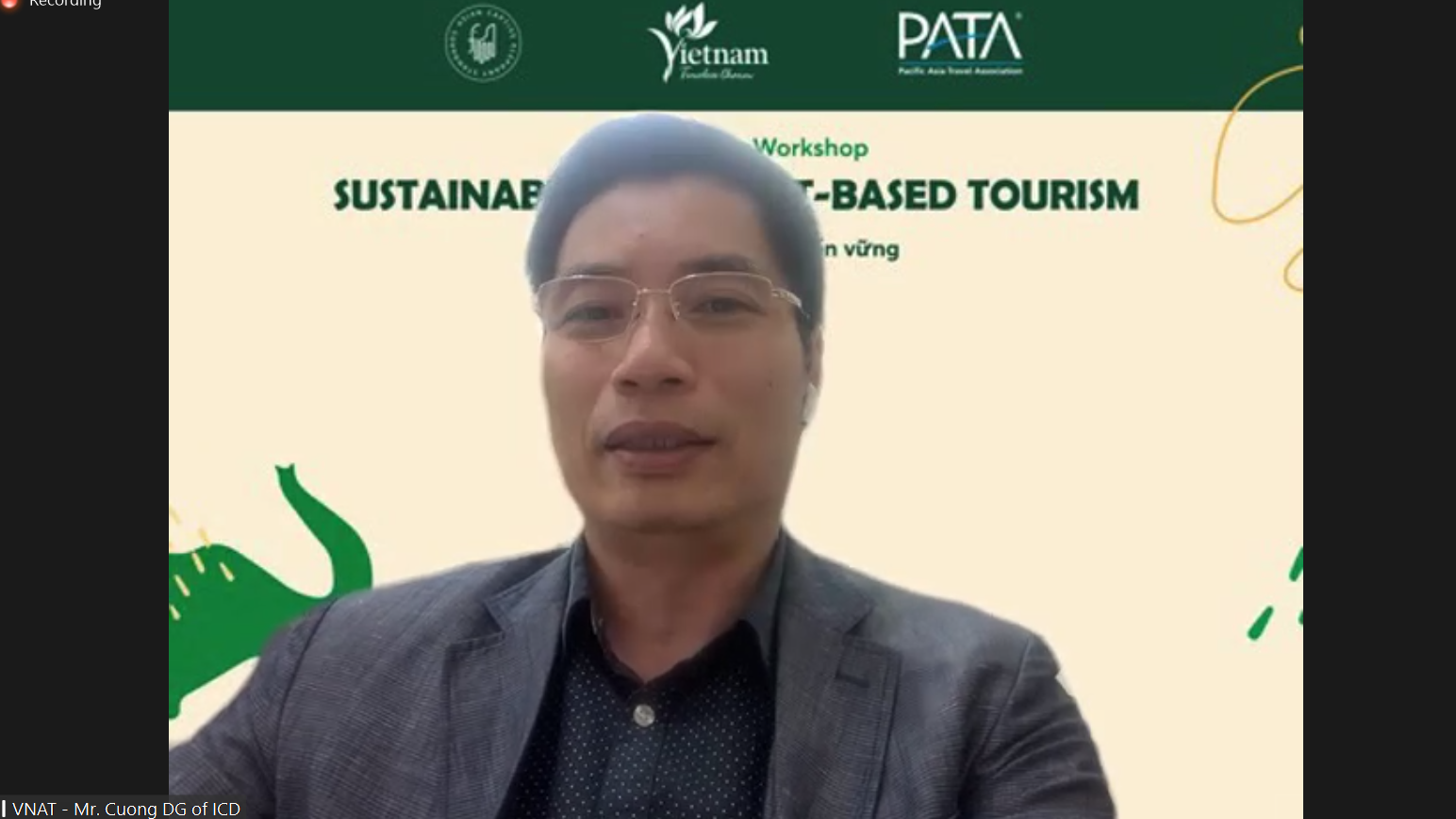
Mr. Tran Phu Cuong, VNAT’s Director of the International Cooperation Department speaking at the workshop
At the workshop, Mr. Nicholas Dubrocard, Director of ACES delivered a thorough presentation for Tourism Destination Resilience Elephant-based tourism. Thereby, the presentation consists of 7 parts, mostly focusing on elephant based tourism, current situation in Vietnam and some marketing strategy suggestions for Vietnam.
According to Mr. Nicholas, since Asian elephants are an iconic representation of southeast Asian geography, culture and regional identity, elephant-based tourism is one of southeast Asia’s most attractive experiences in destination, plays a small but critical role in defining the southeast Asian tourism brand; and it can be defined as any tourism activity where wild or captive elephants are a key part of the visitor experience.
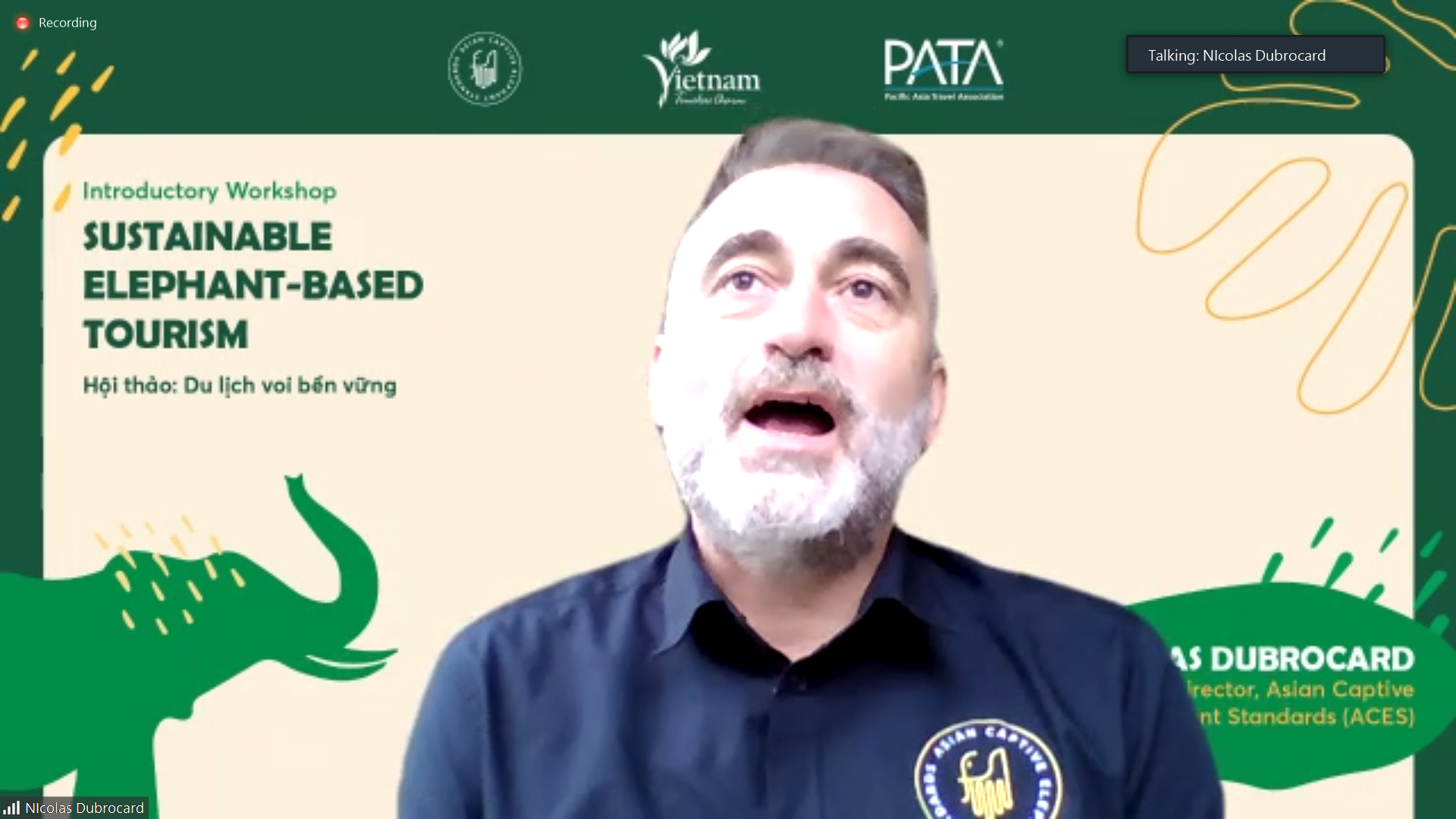
Mr. Nicholas Dubrocard, Director of ACES speaking at the workshop
Vietnam is one of the big homes to thousands of elephants. It is estimated that, currently, in Vietnam, only 104-150 wild Asian elephants remain, mainly found in two fragmented national protected areas. Captive elephant numbers range from 66 – 88, generally found around the Yok Don National Park, Central Highlands in Vietnam. Most elephants are owned by individuals or families. Captive elephants are registered at a local village or district level, rather than through a formal centralised system and there are 6 tourism operators in Dak Lak with 37 elephants all together; Yok Don National Park hosts 7 elephants.
Mr. Nicholas suggested that Vietnam should take the primary step in managing and navigating the elephant-based tourism into a position of sustainability and social licence, followed by a clear vision forward combined with practical strategies to tackle these challenges of national decision-makers and tourism authorities. Improving elephant-based tourism regulation, marketing and communication and organising events for visitors to learn about the high-quality elephant venues that are in the Southeast Asian region would shift the industry to a positive and meaningful message of industry reform and resilience. Regarding the marketing ideas, he listed out some of his suggestions: Establishing visitor trust; Creating connections through culture; Protecting Asia’s elephants; Promotion and communication; Pivot with positivity; Jumbo economic opportunity.
In his presentation, he also pointed out issues associated with elephant-based tourism and basics of animal welfare with five freedoms (Freedom from hunger or thirst, good housing, freedom from pain, injury or disease, freedom to express (most) normal behaviour and freedom from fear and distress).
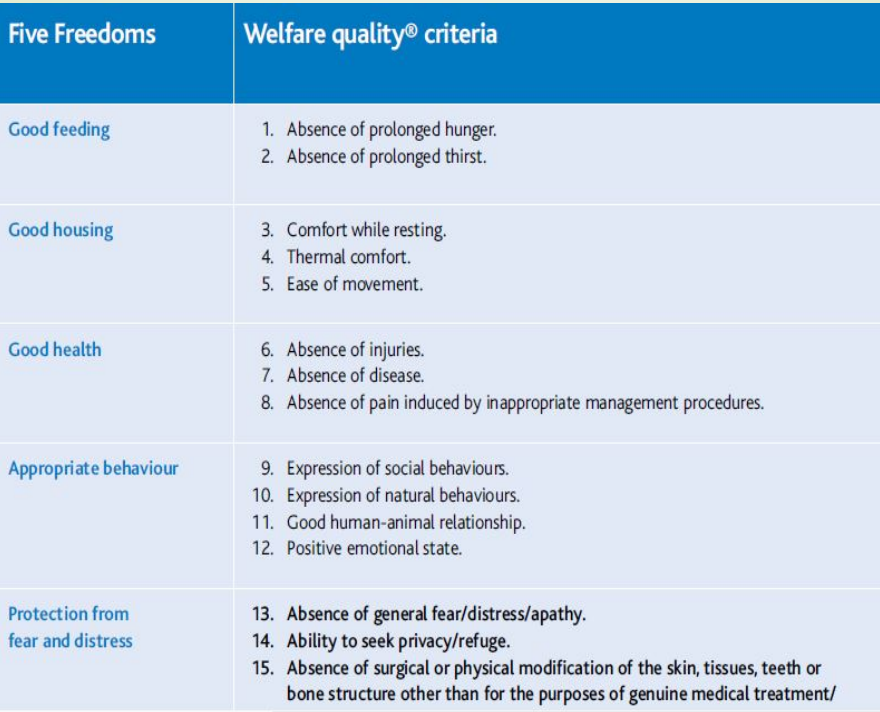
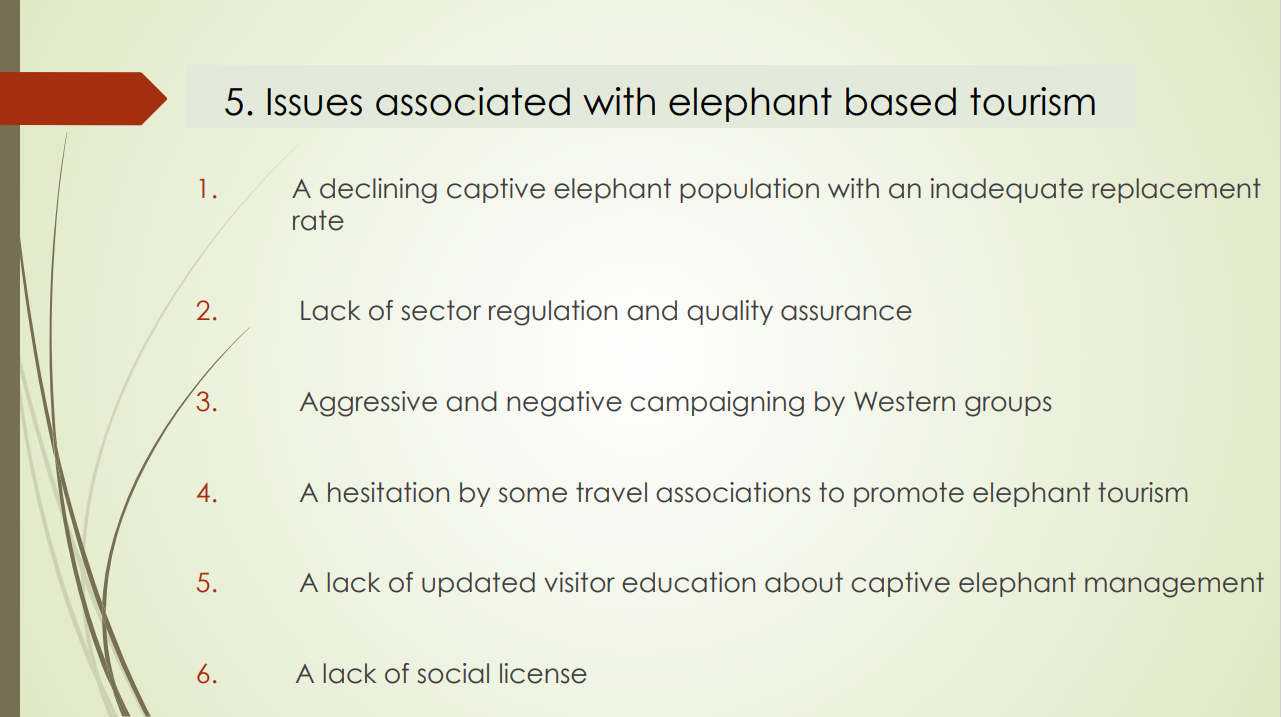
At the end of his presentation, Mr. Nicholas sent out a vision for elephant-based tourism as “Elephant-based tourism is regulated in a way that builds ongoing trust and communication between visitors, tour operators and elephant venues. Elephant-based tourism becomes a sustainable and responsible sector that helps communities and elephants thrive.” and ACES is working on a booklet for visitors to promote elephant-based tourism and will associate with VNAT in the process.
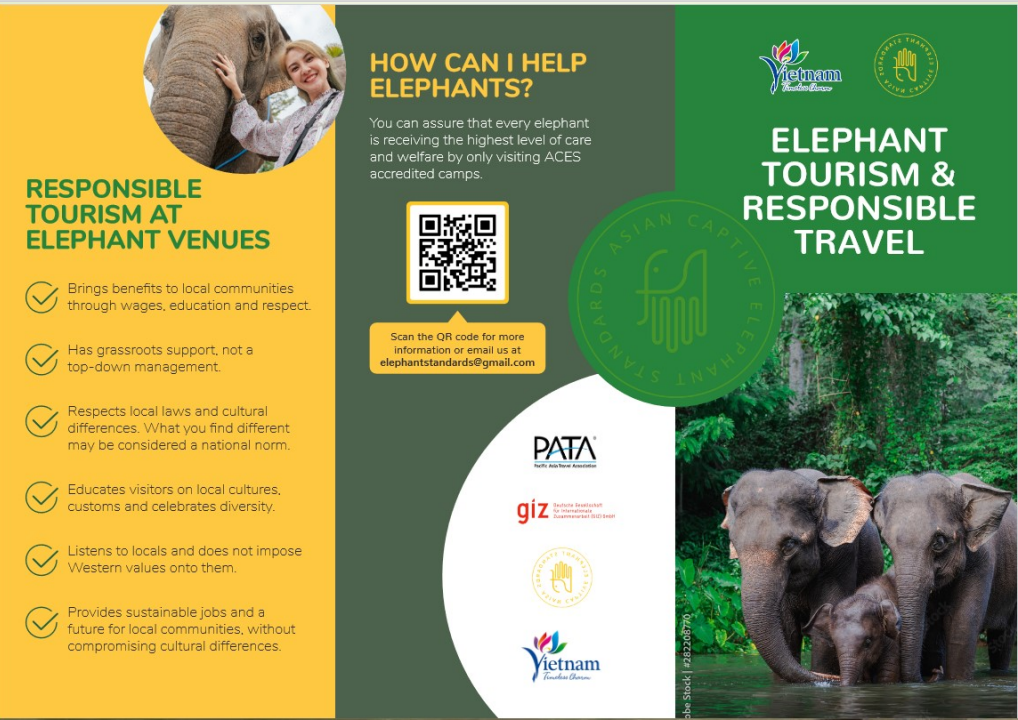

A brief view of ACES’s booklet